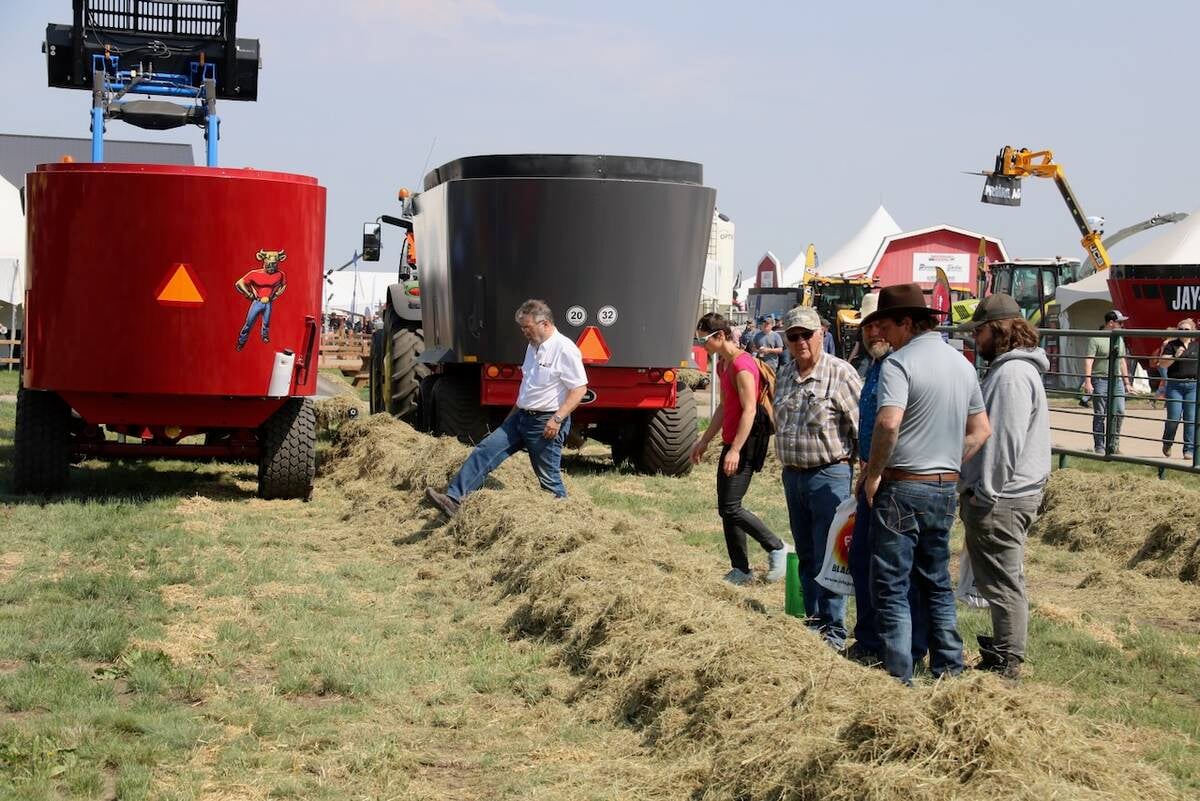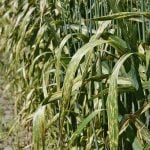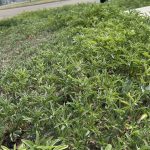ROME, Italy (Thomson Reuters Foundation) — The Food and Agriculture Organization has launched an emergency appeal for US$697 million to help 30 million people in 31 crisis-hit countries.
Somalia, Syria and countries in the Sahel region of Africa are some of the areas requiring the greatest assistance to boost agriculture and mitigate hunger, said Dominique Burgeon, director of FAO’s emergency division.
“We are trying to promote risk management, early warning systems and prevention (of food emergencies),” Burgeon said.
He said people are “on the edge” in Somalia, where the United Nations agency has requested $118 million, the largest requirement for a single country.
Read Also

Ag In Motion 2025 draws strong attendance, more international visitors
Three clear days meant Ag in Motion 2025 saw strong attendance and a significant increase in international visitors at the large Saskatchewan outdoor farm show.
“If there is a small drought, resilience collapses and the situation becomes desperate,” he added.
Using support for farming to stop or mitigate a crisis before it spirals out of control is often more efficient than providing emergency relief.
The FAO request, which is aimed primarily at helping farmers and people living in rural areas in regions hit by conflicts or natural disasters, constitutes four percent of the Urn’s appeal for $16.4 billion to address humanitarian needs around the world this year.
Announced in December, the UN appeal aims to help more than 57 million people in 22 countries. The amount called for in 2015 is 27 percent higher than in 2014, partly because of violence in Syria, Iraq and South Sudan.
Burgeon said donors aiding Syria in the past few years largely saw the crisis as a temporary emergency.
Now many governments “realize the crisis is here to stay” and want to try and support what is left of the country’s agricultural sector to ensure remaining farmers stay on the land, he said.
Of the 805 million people worldwide who suffer from chronic hunger, 129 million live in areas affected by protracted crisis and 79 million are highly vulnerable to natural disasters.
The FAO received about half of the emergency funding it requested last year, Burgeon said.
Funds raised last year were used to buy water tanks in the Gaza strip, vaccinate livestock in South Sudan, provide chickens in Iraq and rehabilitate wells in Djibouti.
















